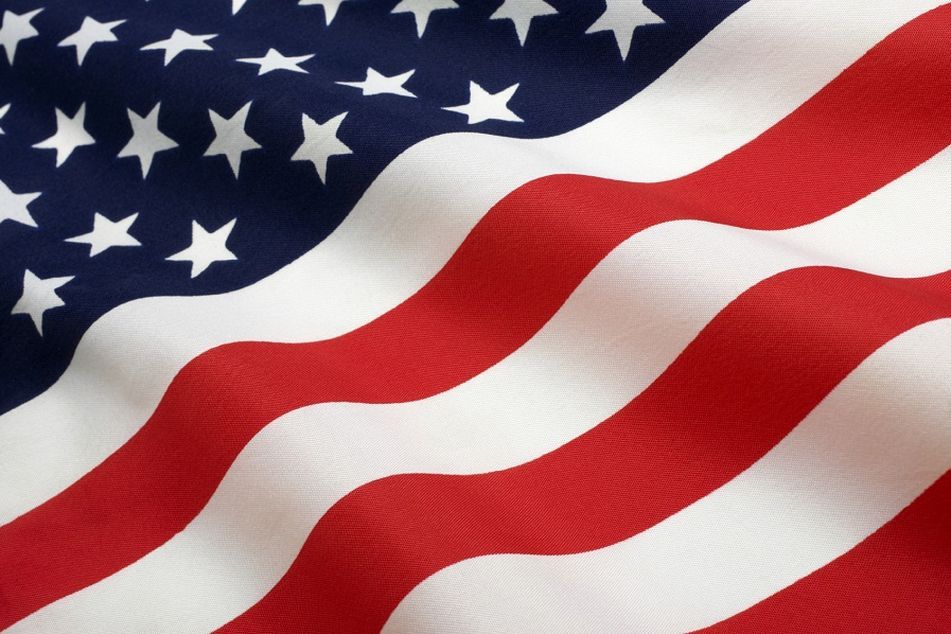‘Terror-free’ investing proves winning strategy for Patriot Fund

The upside of avoiding energy stocks and the pain of a strong dollar.
While Washington politicians bicker over the status of economic sanctions against Iran, Mark Langerman is quietly holding firm that U.S. companies doing business with that country are still bad bets.
The managing director of Empowerment Financial Group is the engineer behind the Patriot Fund (TRFAX), a three-year-old fund with just $25 million under management, but an impressive track record and an interesting strategy.
It also has a headline hook in President Barack Obama’s recent decision to sign a nuclear deal with Iran.
The fund, which is managed by Ascendant Advisors, is similar to other funds that apply various religious or social screens. In this case, the strategy screens out any U.S. company with active business interests with Iran, Syria, Sudan, or North Korea.
Those countries have all been identified by the State Department as state sponsors of terror. North Korea was removed from the list prior to Mr. Obama taking office, but Mr. Langerman is keeping the country on his list.
TAPPING EMOTIONS
With a name like the Patriot Fund, and a stated mission of “terror-free investing,” it would be difficult to ignore the gimmick factor. But, let’s face it, all religious and socially responsible fund strategies are trying to tap investor emotions.
“I can’t actually go over there and help fight terror, but I can to this,” said Mr. Langerman, who compares his strategy to the widespread boycotts of companies doing business in South Africa when apartheid was the law of the land. He is also hoping to gain some appeal among the growing list of public pensions and endowments that are placing restrictions on investing in countries recognized for terrorists ties.
“If we can do the same or better than the category and still pay attention to terror and human rights, I’m satisfied,” he added.
The fund’s screening process eliminates between 40 and 70 companies from the S&P 500, most of which are doing business in Iran and Syria. According to Mr. Langerman, the 45 companies doing business in Iran, alone, add up to about 10% of the market capitalization of the S&P 500.
The fund concentrates in large cap growth strategies and its largest holdings are AmerisourceBergen Corp. (ABC), Fiserv Inc. (FISV), and CVS Health Corp. (CVS).
Some of the blue chips being screened out include The Boeing Co. (BA), and General Electric Co. (GE).
The fund crossed over the crucial three-year mark in March, and has received a two-star rating from Morningstar Inc.
This year, through Wednesday, the fund has gained 6.2%, compares with 3.6% for the S&P, and 2.7% for Morningstar’s large-cap blend fund category over the same period.
Over the past 12 months, the fund is up 12.1%, while the S&P gained 9.3%, and the category average was 7%.
Currently, no other funds apply terror screens. The Roosevelt Multi Cap Fund (BULLX) used to apply similar screens for a few years, but dropped the screens around 2008.
OTHER FACTORS DRIVING PERFORMANCE
To be fair, there are other factors at play that are helping to drive the fund’s performance, beyond just an avoidance of terror links.
Todd Rosenbluth, director of mutual fund and ETF research at S&P Capital IQ, points out that the fund is inadvertently screening out some companies that are exposed to the strength of the U.S. dollar, as well as energy-sector stocks, which have not been doing well.
“If you’re going to focus on companies with no exposure to those particular markets, you are going to focus on domestic-oriented companies that are not being hurt as much by the strong dollar,” he said.
Learn more about reprints and licensing for this article.








